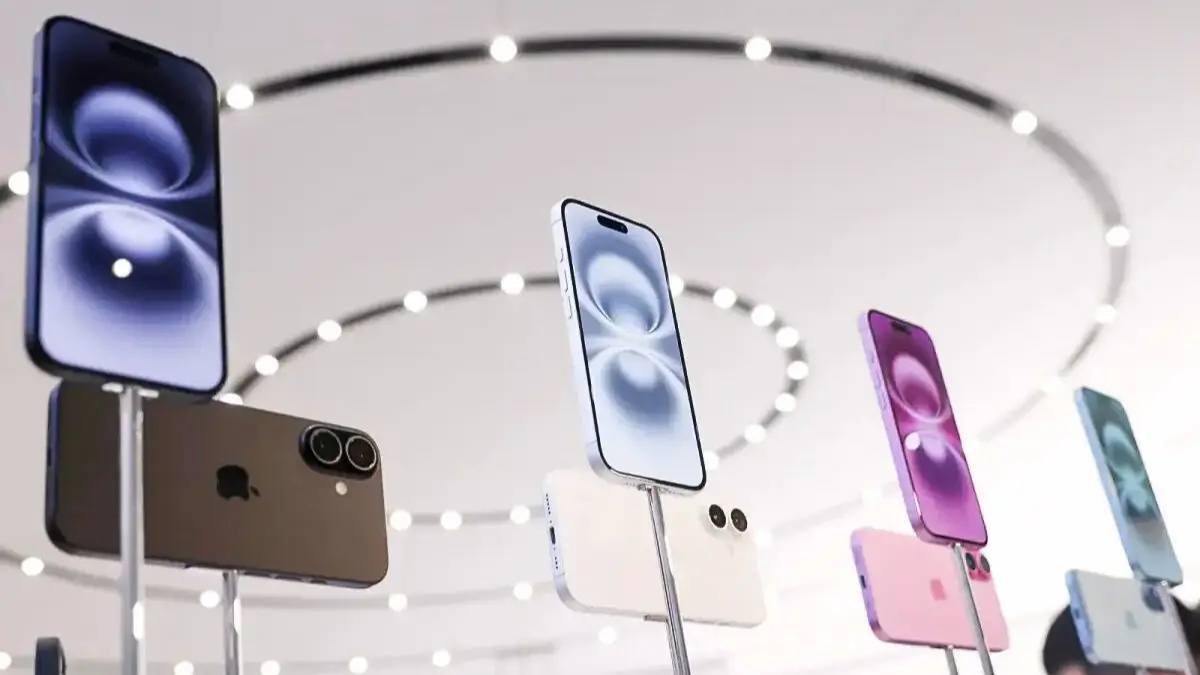Apple to discuss investment plans with Indonesia to resume iPhone 16 sales
By Cygnus | 07 Jan 2025

Indonesia to host talks with Apple on local investment commitments
Indonesia’s Ministry of Industry is set to meet representatives from Apple to discuss the tech giant’s investment proposal, a critical step to reintroduce the iPhone 16 to the Indonesian market. The meeting, scheduled for Tuesday, 8th January 2025, aims to address local manufacturing requirements that have restricted iPhone 16 sales in the country.
In 2023, Indonesia, a nation of 280 million people, banned iPhone 16 sales as Apple failed to meet the government’s mandate requiring at least 40% locally-produced components in smartphones sold domestically. Apple, which currently has no manufacturing facilities in Indonesia, has previously invested in application developer academies in the country since 2018 but fell short of meeting the local content requirement.
“Today, Apple’s top executives will engage with the industry ministry to negotiate their pending investment commitments and finalize their proposal,” stated Febri Hendri, a spokesperson for the ministry.
The Indonesian government requires Apple to renew its investment commitments every three years. The company’s outstanding investment commitment, valued at $10 million, from its last investment pledge, expired in 2023. To meet the local content rules, Apple must sign a new agreement covering the period from 2024 to 2026.
Apple’s $1-billion manufacturing proposal under review
Indonesia has indicated that Apple plans to invest $1 billion in a manufacturing plant for smartphone components and other products. Discussions are ongoing to finalize the specifics of this potential investment.
Apple has not yet issued a comment regarding the negotiations or its plans for investment in Indonesia.
Indonesia, with its growing consumer market and tech-savvy population, represents a significant opportunity for Apple. Complying with the local content requirement could unlock access to this lucrative market, while Indonesia stands to benefit from job creation and increased technology investments.
Frequently asked questions (FAQs)
1. Why was the iPhone 16 banned in Indonesia?
The iPhone 16 was banned in Indonesia because Apple did not meet the government’s requirement that at least 40% of the components used in smartphones sold locally should be sourced or manufactured in the country.
2. What is the local content requirement for smartphones in Indonesia?
Indonesia mandates that smartphones sold in the country must include at least 40% locally-produced components. This rule aims to boost local manufacturing and create job opportunities.
3. Does Apple have any manufacturing facilities in Indonesia?
No, Apple does not currently have manufacturing facilities in Indonesia. However, the company has been operating application developer academies in the country since 2018.
4. What is Apple’s new investment plan for Indonesia?
Apple is reportedly planning to invest $1 billion in a manufacturing plant in Indonesia to produce components for smartphones and other products. The proposal is still under discussion with Indonesian authorities.
5. How does Indonesia benefit from Apple’s investments?
Apple’s investments could help Indonesia by creating job opportunities, developing the local technology ecosystem, and fostering economic growth through manufacturing and skill development.
6. What is the timeline for Apple to fulfill its local investment commitment?
Apple is required to commit to new investments every three years. Its last commitment, worth $10 million, ended in 2023, and a new agreement must cover the period from 2024 to 2026.
7. When will iPhone 16 sales resume in Indonesia?
iPhone 16 sales can resume in Indonesia once Apple fulfills the local content requirements through its investment commitments. The exact timeline will depend on the progress of ongoing negotiations.
8. What other markets have similar local content requirements?
Countries like India and Brazil also impose local content requirements for smartphone manufacturing, aiming to promote domestic production and reduce reliance on imports.

















